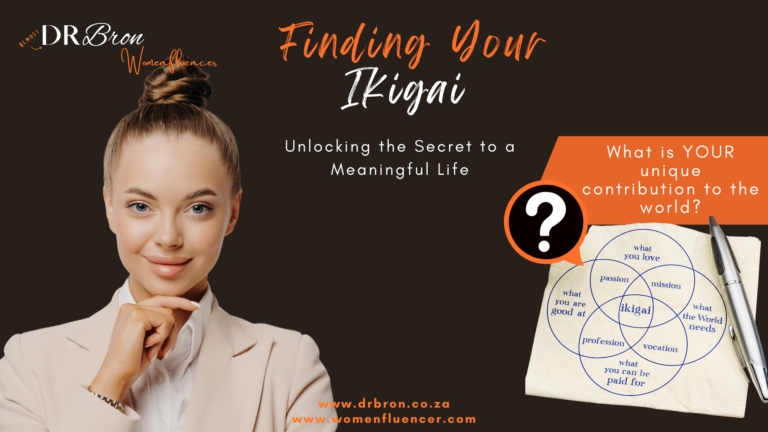Welcome to Womenfluencer, where we empower, inspire, and innovate! Today, we’re diving into a transformative journey: unlocking your personal and professional growth potential. Whether you’re a seasoned leader or just starting your career, these strategies will help you maximise your strengths, overcome challenges, and achieve your goals.
1. Embrace Lifelong Learning
In today’s fast-paced world, continuous learning is vital. Embracing lifelong learning means constantly updating your skills and knowledge to stay relevant and competitive. Consider these steps:
- Online Courses and Certifications: Platforms like Coursera, edX, and LinkedIn Learning offer courses on diverse topics. Choose courses that align with your career goals and personal interests.
- Reading and Research: Regularly read the books, journals, and articles in your field. Staying informed about industry trends and innovations can give you a competitive edge.
- Networking and Mentorship: Join professional organisations, attend conferences, and seek mentors who can provide guidance and support.
2. Set Clear Goals
Goal setting is crucial for personal and professional growth. It gives you direction and motivation. Use the SMART criteria to set goals that are:
- Specific: Clearly define what you want to achieve.
- Measurable: Establish criteria for measuring progress.
- Achievable: Ensure your goals are realistic and attainable.
- Relevant: Align your goals with your values and long-term objectives.
- Time-bound: Set deadlines to keep yourself accountable.
For example, instead of saying, “I want to improve my public speaking,” set a SMART goal like, “I will join a local Toastmasters club and give a speech within three months to enhance my public speaking skills.”
3. Develop Emotional Intelligence
Emotional intelligence (EI) is the ability to understand and manage your own emotions and those of others. High EI can improve your communication, leadership, and relationship-building skills. Focus on:
- Self-awareness: Recognise your emotions and their impact on your thoughts and actions.
- Self-regulation: Manage your emotions in healthy ways, especially in stressful situations.
- Empathy: Understand and share the feelings of others.
- Social skills: Build and maintain strong relationships through effective communication and conflict resolution.
4. Cultivate a Growth Mindset
As defined by psychologist Carol Dweck, a growth mindset is the belief that abilities and intelligence can be developed through dedication and hard work. Adopting a growth mindset involves:
- Embracing challenges: View challenges as opportunities to grow rather than obstacles.
- Learning from criticism: Use constructive feedback to improve your skills and performance.
- Persistence: Stay resilient in the face of setbacks and strive for improvement.
5. Balance Work and Life
Achieving a healthy work-life balance is essential for sustained growth and well-being. Consider these strategies:
- Time Management: Prioritise tasks, set boundaries, and delegate when possible. Use tools like calendars and to-do lists to stay organised.
- Self-Care: Make time for activities that rejuvenate you, such as exercise, hobbies, and spending time with loved ones.
- Mindfulness and Stress Management: Practice mindfulness techniques like meditation and deep breathing to reduce stress and improve focus.
6. Build a Strong Personal Brand
Your personal brand is how you present yourself to the world. A strong personal brand can open new opportunities and enhance your professional reputation. Steps to build your brand include:
- Identify Your Unique Value: Determine what sets you apart from others and how you can add value.
- Online Presence: Use social media platforms like LinkedIn to showcase your expertise and connect with industry peers.
- Consistent Messaging: Ensure that your online and offline communications reflect your brand consistently.
7. Seek Feedback and Reflect
Regular feedback and self-reflection are critical for growth. They help you identify areas for improvement and celebrate your successes. Implement these practices:
- Solicit Feedback: Ask for feedback from colleagues, supervisors, and mentors. Use this information to refine your skills and approach.
- Reflect on Experiences: Take time to reflect on your positive and negative experiences. Consider what you learned and how you can apply those lessons moving forward.
Conclusion
Unlocking your potential for personal and professional growth is a continuous journey. By embracing lifelong learning, setting clear goals, developing emotional intelligence, cultivating a growth mindset, balancing work and life, building a strong personal brand, and seeking feedback, you can maximise your strengths and achieve your aspirations.
If you enjoyed this video, please like, subscribe, and join our Womenfluencer community. Together, we rise!




